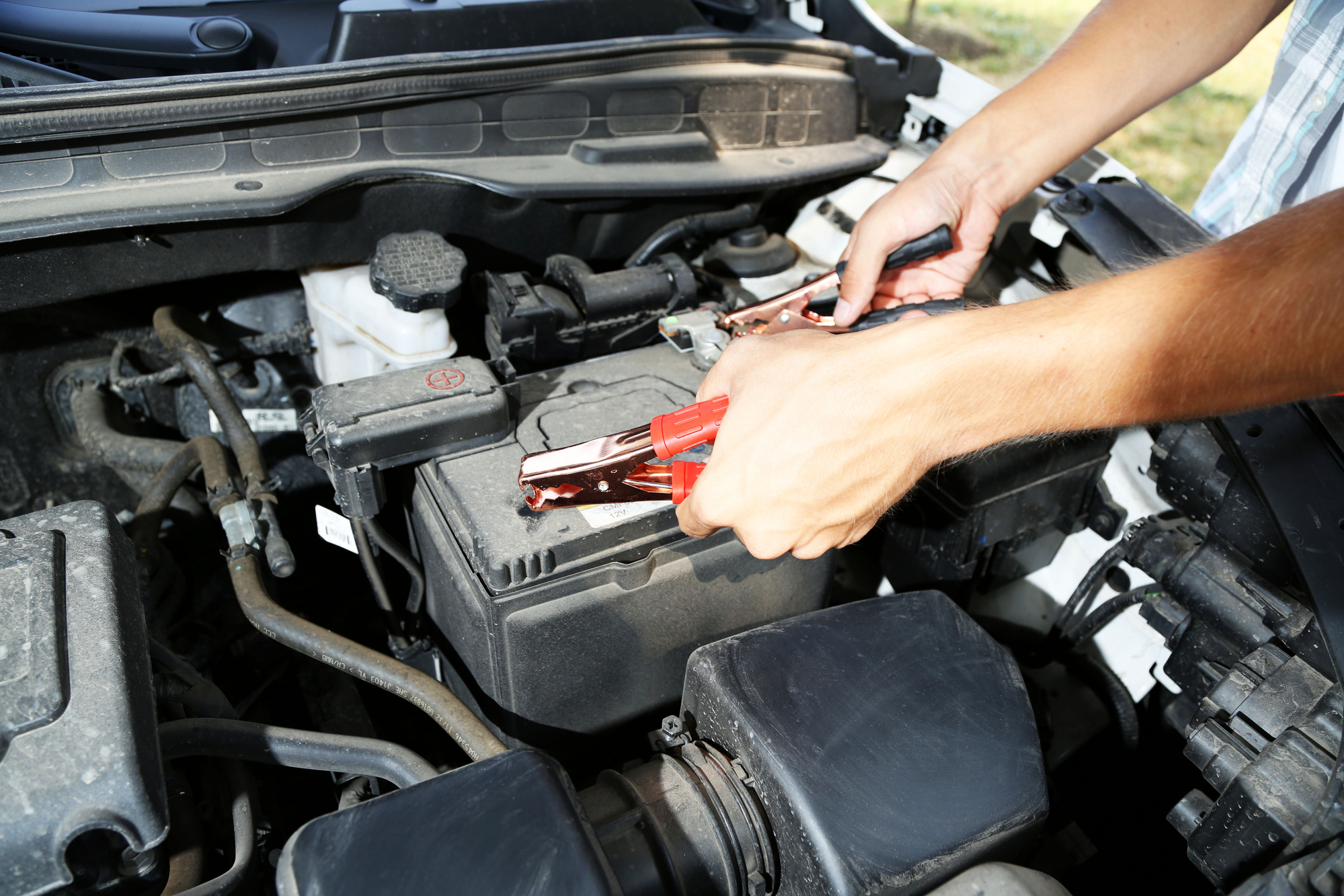Car battery not charging? Talk about frustrating! When you think about it, as critical as a car’s engine is, you need a battery to power it. The battery also provides the electricity it takes to power all the audio lights, navigation systems, and many other electrical reliant components. If your car battery isn’t charging, here are a few things you should do.
1. Check the Headlights
The first thing to do if your car battery isn’t charging is to turn on the headlights. If they come on with the appropriate brightness, the problem is more than likely elsewhere in the car. If the lights are dimmer than usual or don’t come on at all, it’s probably a battery problem.
2. Consider the Age and Condition of the Battery
Does the battery look worn out and/or corroded? Is it over three or four years old? In most cases, if a battery is over four years old, the chances are good that the problem is with the battery. With old batteries, reliability is an issue because within a couple of months, it can lose over 90% of its charge.
3. Check for Corroded Connectors
Check for corroded or faulty car battery connections that make contact virtually impossible. This is hard to do on newer model cars because batteries are installed in tight areas in the engine bay or the trunk. It’s much easier to check for tightness and clean battery terminals in older vehicles. Clean corroded terminals (wearing rubber gloves and goggles) with sandpaper or a wire brush.
4. Check for Blown Fuses
Something as simple as a blown fuse can keep your car from starting. Fuses can become worn with age, in which case just trying to start a cold engine can cause them to blow. Check the fuse for the alternator and starter motor.
5. Something Unknown is Draining the Battery
Third-party devices can be culprits of battery drain (security systems, Bluetooth kits, radios, etc.), and the problem can be challenging to establish. When it comes to a car battery not charging due to an unknown drain, it’s best to take the car to a professional for testing.
6. Use a Voltmeter
A voltmeter measures the battery’s “voltage”. Before you start testing, turn the ignition key, and all vehicle lights off. Next, connect the red (positive) voltmeter test lead to the battery’s positive terminal and black (negative) test lead to the battery’s negative terminal. Always take off the negative terminal lead first. Using a digital voltmeter will provide a more accurate reading. Anything less than a full charge suggests that you need to keep looking for the cause of the vehicle’s not charging.
Is it a Problem with the Alternator?
Alternator problems can also be one of the reasons the car battery is not charging. If the alternator isn’t delivering a charge to the battery, then the lights, ignition, and other electrical system components will end up running on battery power alone, draining even a good battery very quickly. If your battery isn’t charging, we’d be happy to diagnose the issue. Contact us today.






